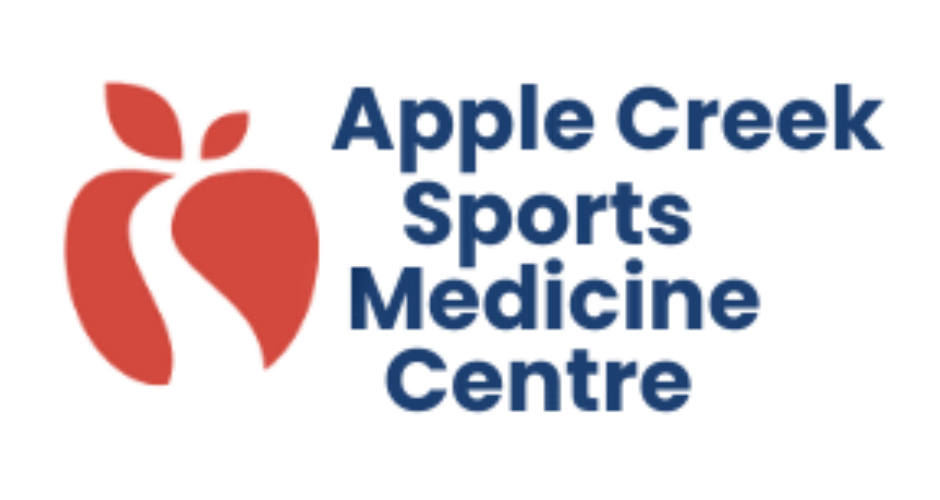What Is National Physiotherapy Month?
National Physiotherapy month occurs every May and is a time to reflect on and promote the Physiotherapy profession. It’s a time to help physiotherapists connect with each other as well as the community and help the public to better understand what Physiotherapy is and how it can help you.
This year, the Canadian Physiotherapy Association campaign has focused on “What powers you?” and “Physio can help”.
According to the Ontario Physiotherapy Association, physiotherapy is the profession practiced by physiotherapists.Physiotherapy is a recognized and evidence-based health profession that plays a key role in the health of individuals and populations across the care continuum.
Physiotherapists are university educated (the current Canadian Standard is a 2 year master’s degree following an 8 semester honours bachelor degree), self-regulated health professionals who can only be registered to practice after completing a 2 part (written and practical component national registration exam). Upon successful completion of the National exam, the candidate is able to register with the College of Physiotherapists in their province and earn the title of Registered Physiotherapist. In Ontario, only those who are registered with the College of Physiotherapists of Ontario may use the title Physiotherapist or Physical Therapist.
Scope of Practice
The scope of practice of Physiotherapy is extremely broad and as such, most registered physiotherapists will gravitate towards their favorite and strongest disciplines.
The technical physiotherapy scope of practice is “The assessment of neuromuscular, musculoskeletal and cardio-respiratory systems, the diagnosis of diseases or disorders associated with physical dysfunction, injury or pain and the treatment, rehabilitation and prevention or relief of physical dysfunction, injury or pain to develop, maintain, rehabilitate or augment function and promote mobility.” The Physiotherapy Act 2009, c.26, s.22(1)
Physiotherapists are authorized to:
– Communicate a diagnosis
– Perform spinal manipulation
– Perform tracheal suctioning
– Treat wounds below the dermis
– Perform Acupuncture
– Administer a substance by inhalation
and will shortly be authorized to:
– Order the application of x-rays for diagnostic imaging purposes
– Order laboratory tests
– Order the application of a prescribed form of energy
As Physiotherapy is a very broad and far reaching profession, I have focused my career around out-patient or “private clinic” based orthopedic and musculoskeletal physiotherapy. Like all physiotherapists, Musculoskeletal Physiotherapy aims to evaluate, restore and maintain physical function, improve and maintain functional independence and prevent disease, injury and disability. However there is more of a focus on the muscles, joints, ligaments, tendons, nerves and bones.
Muskuloskeletal Physiotherapists treat conditions such as:
-Neck or back pain
-Whiplash associated disorders
-Knee and hip replacements
-Muscle strains and tears
-Disc herniations
-Concussion
-Ligament sprains
-Chronic Pain
-Motor Vehicle accident associated injuries
-Postural deficiencies
-Patellofemoral disorders
-Rotator Cuff tears and injuries
-SIJ pain
-Post operative conditions of most nature
-Pregnancy and postpartum pain
-Tendonitis
-Plantar fasciitis
-Sciatica/Nerve root irritations
-Frozen shoulder
-Disc degeneration
-and many more.
So how do Physiotherapists help?
Based on the comprehensive assessment and analysis of the information presented by the patient, the physiotherapist will analyze the information and confer a diagnosis based on their extensive knowledge, experience and research. A good therapist will then take time to explain his or her findings to the patient and the proposed treatment plan. Treatment is founded in empirical research and best practice, however therapists have an incredibly wide array of treatment techniques that could be implemented for any number of conditions.
Physiotherapists will use a combination of:
- Education
- Manual therapy techniques (hands on techniques such as mobilizations, manipulations, stretching, mobilization with movement or McKenzie techniques and many more)
- Therapeutic electromodalities (ultrasound, TENS, IFC, etc)
- Acupuncture
- Neuro facilitations techniques
- Active Rehabilitation techniques or exercises
- Self management techniques
- Motivation
Physiotherapists aim to restore health and optimal function to their patients. Our goal is to restore or improve the quality of life of all of our patients, from pediatrics to gerontological patients, post surgical to postural , traumatic brain injury to asthma.
Physiotherapists are found in hospitals, private clinics, schools, policy making committees, and local health networks. It is an integral part of people’s ability to return to their most optimal health and well being.
I have been a registered Physiotherapist since 2005 and couldn’t imagine working in another profession. I get to experience the joy of empowering someone to reach their goal and return to a higher quality of life every day.
Nearly every extended health care insurance program covers physiotherapy as well as motor vehicle accident insurance and WSIB.
If you are curious as to how “Physio can help” and how “Physio powers you”, call or email the Physiotherapists at Apple Creek and book your Initial Assessment with one of our seasoned and highly professional Physiotherapists.
Jordan Katz HBa(kine), MSc.PT, MCPA
Registered Physiotherapist https://applecreeksportsmedicine.com/staff/jordan-katz

